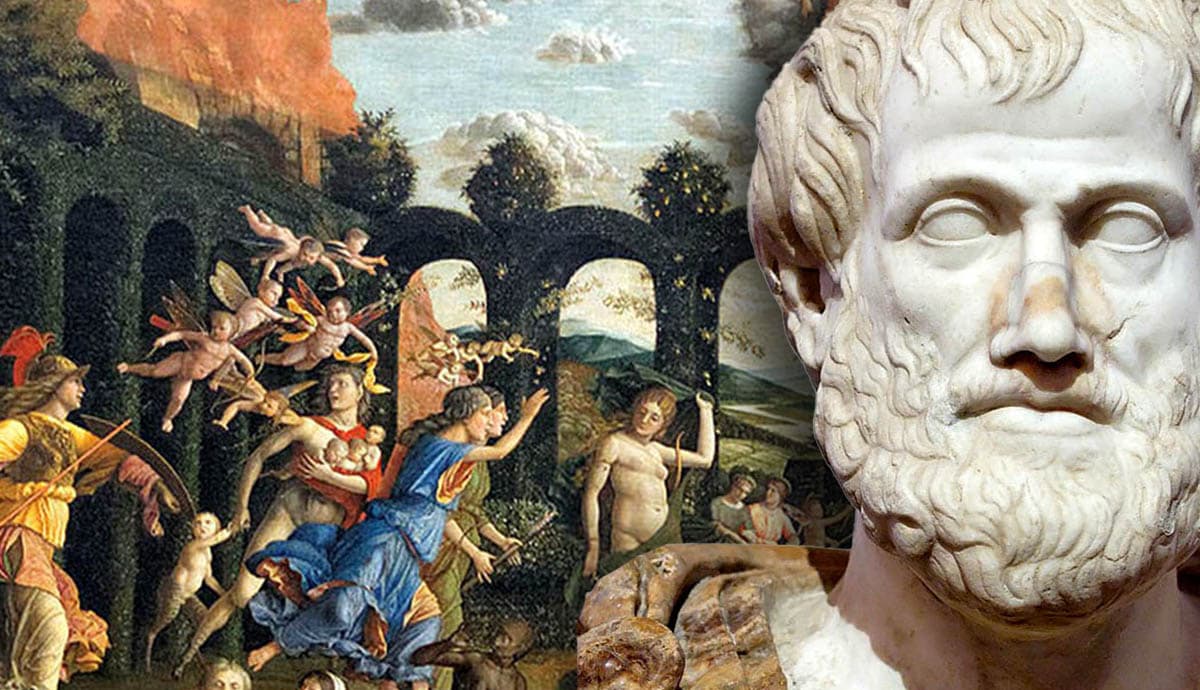
A fourth-century BCE philosopher, Aristotle has become one of the most influential thinkers in Western thought. His written accounts have influenced a wide range of further studies, and his impact is countless. Still, though he is remembered today as a revolutionary thinker, his works were not always complete. At its core, philosophy is about questioning and debating ideas, so it’s no surprise that contemporary thinkers have expanded on Aristotle’s works. Here are four philosophers whose works have built on Aristotle’s ideas and influenced the modern-day field.
Alasdair MacIntyre and Aristotle’s Virtue Ethics

Aristotle wrote on many topics, but some of his most famous pieces relate to virtue ethics. He believed that virtue came from finding a balance between opposing character traits, and he argued that being able to judge that balance led to a good life. Today, his theory remains popular and is still taught and discussed.
Scottish philosopher Alasdair MacIntyre was inspired by this. His work After Virtue, published in 1981, draws heavily on Aristotle’s ideas while still remaining distinctive. MacIntyre stays true to Aristotle by exploring similar themes — such as character, judgment, and the good life — but builds on them with new ideas — such as the importance of community and goods. Ultimately, he uses Aristotle’s ideas as a foundation and adds his own perspective of virtue ethics to criticize modern moral philosophy and advocate for a return to virtue-centered ethical theories like Aristotle’s.
Bertrand Russell Expanded the Field of Logic

Aristotle made many significant contributions to the philosophy of logic. Perhaps his most famous contribution is developing syllogistic logic, which involves breaking down arguments into premises and a conclusion and uses deductive reasoning to determine the argument’s validity. Aristotle also proposed ideas such as categorical propositions, the square of opposition, the principle of non-contradiction, and the doctrine of the predictables.
Aristotle’s work became fundamental for further study of logic, and it is no exaggeration to say that without him, logic as it is today would not be the same. Still, it was the work of later philosophers who revolutionized it into what it is now. Bertrand Russell, a prominent 20th-century philosopher, expanded Aristotle’s ideas with formal methods and concepts. He increased the scope of logical inquiry, advancing logic past Aristotle’s initial inquiries and transforming the ancient Greek’s thoughts into the modern-day field.
Ernst Mayr and Aristotle’s Teleology

In the fourth century BC, Aristotle’s teleological view of nature was revolutionary. He argued that natural objects — such as people, animals, and plants — have inherent purposes or ends, and they each have intrinsic tendencies that guide them toward those ends. In Aristotle’s philosophy, everything is orderly and works to fulfill a goal.
Nowadays, scientists know not everything is so cut and dry, but that doesn’t mean Aristotle’s views weren’t influential. Ernst Mayr, known for his work in biological philosophy and evolutionary biology, reconceptualized Aristotle’s teleological concepts within the framework of Darwinian evolution. He argued that teleological ends could be understood as natural selection — that species seem to have a purpose because they have adapted certain ways to survive. He emphasized the importance of natural processes and change rather than the inherent designs Aristotle envisioned, but he integrated Aristotle’s beliefs within the framework of modern science and philosophy.
David Wiggins and Aristotle’s Metaphysical Accounts

In the branch of philosophy known as metaphysics — the study of the nature of reality — Aristotle posited theories of substance. He believed substance, anything that exists independently and is not reliant on something else, to be the fundamental reality underlying all existence, hailing it as the primary category of being. He distinguished between primary and secondary substances, and his beliefs on substance are closely tied to his beliefs on form and matter.
Metaphysician David Wiggins engages with Aristotle’s thoughts in his work Sameness and Substance Renewed. He uses the ideas Aristotle wrote in Metaphysics to help form the base of his explorations into identity, essence, and individuation. Wiggins draws upon Aristotle’s insights to develop his own theories and critically assesses the views in light of contemporary philosophical debates, allowing him to bring classical metaphysical concepts into dialogue with modern philosophy.










